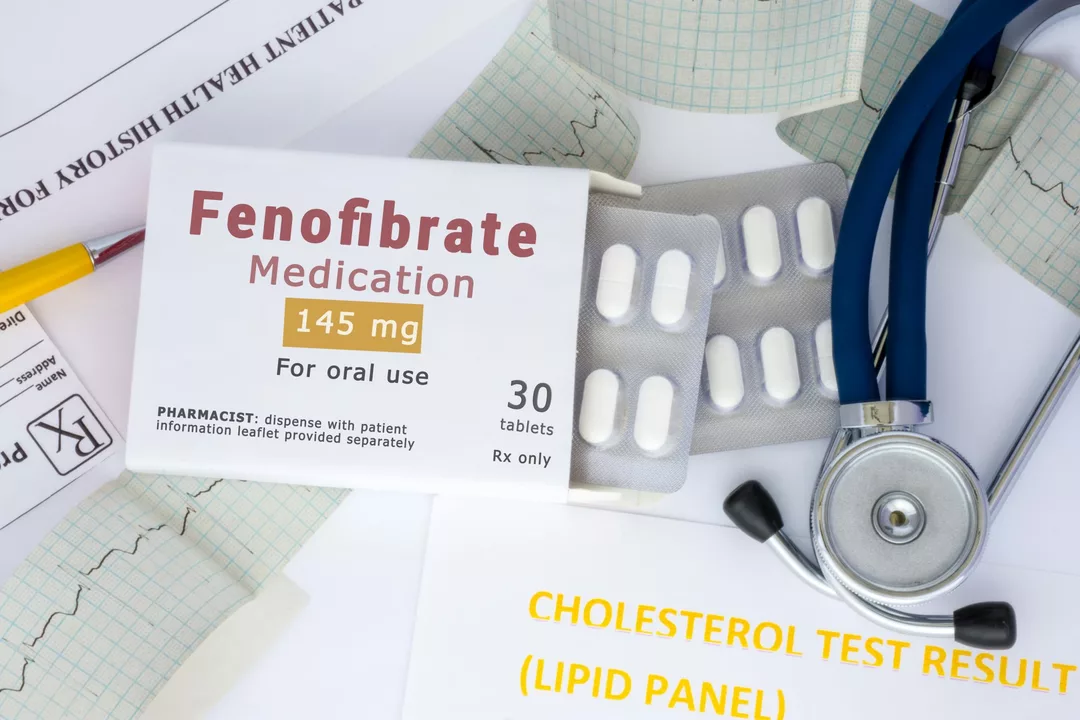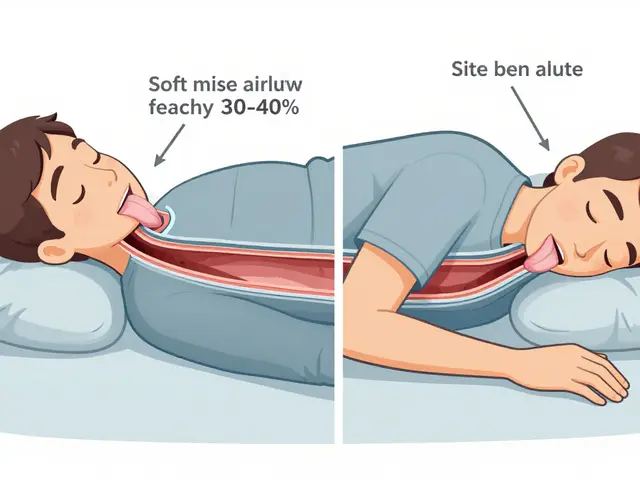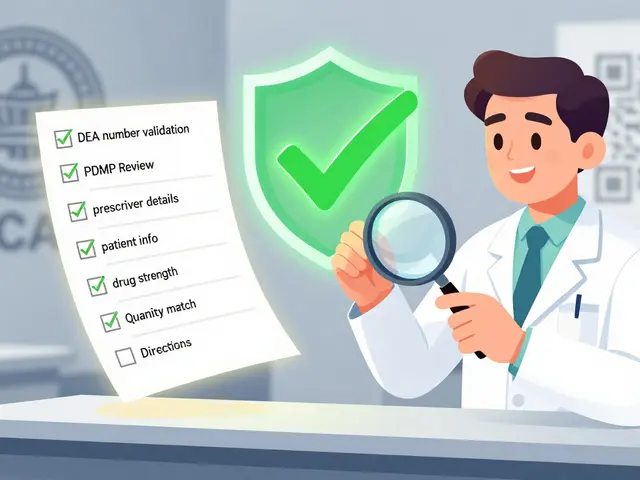Thyroid Health: What to Watch, Test, and Do
Your thyroid is small but it runs a lot of your body: energy, weight, mood, and even your period. If you've been unusually tired, gaining or losing weight without reason, or having heart palpitations, don’t ignore it. A few simple tests and some everyday changes often solve the problem or point you to the right treatment.
Common signs and the tests to ask for
Two main problems show up: hypothyroidism (too slow) and hyperthyroidism (too fast). Hypothyroid signs: fatigue, weight gain, cold intolerance, dry skin, constipation, and heavier periods. Hyperthyroid signs: racing heart, weight loss, heat intolerance, shakiness, and lighter or absent periods.
Start with a TSH test — it’s the first-line check. Typical lab range is about 0.4–4.0 mIU/L, though target ranges vary by age and pregnancy. If TSH is off, doctors usually measure free T4 and sometimes free T3. If autoimmune disease is suspected, ask for anti-TPO or anti-thyroglobulin antibodies. Imaging like a thyroid ultrasound or a radioactive iodine uptake scan comes later if nodules or unusual patterns appear.
After starting or changing thyroid meds, expect rechecks. For levothyroxine, labs are usually repeated in 6–8 weeks to let levels settle. If you’re pregnant or trying to conceive, testing is more frequent and doses often change.
Everyday steps that help right now
If you take levothyroxine, take it on an empty stomach 30–60 minutes before breakfast or at bedtime 3–4 hours after your last meal. Keep it away from calcium, iron, antacids, soy, and some cholesterol drugs — those can cut how much hormone your body absorbs. If you must take calcium or iron, separate them by at least four hours.
Be consistent with brand and timing. Small dose changes matter, so don’t switch generics or skip follow-ups without checking labs. For hyperthyroidism, common treatments are methimazole or propylthiouracil (PTU), radioactive iodine, or surgery — which one fits depends on your age, pregnancy plans, and severity. Discuss pros and cons with an endocrinologist.
Diet and lifestyle help but don’t replace treatment. Keep iodine intake steady — not too low, not extreme high (avoid huge seaweed meals). Selenium supplements sometimes help antibody-driven thyroid disease, but talk to your doctor before starting any supplement. Manage stress, aim for regular sleep, and keep moving: activity helps energy and weight control.
See a doctor if you have new, unexplained weight change, heart palpitations, fainting, severe fatigue, or changes in mood or periods. If you suspect a thyroid issue, ask for a TSH and, depending on results, free T4, free T3, and thyroid antibodies. Early testing and small, consistent steps usually get you back on track fast.





